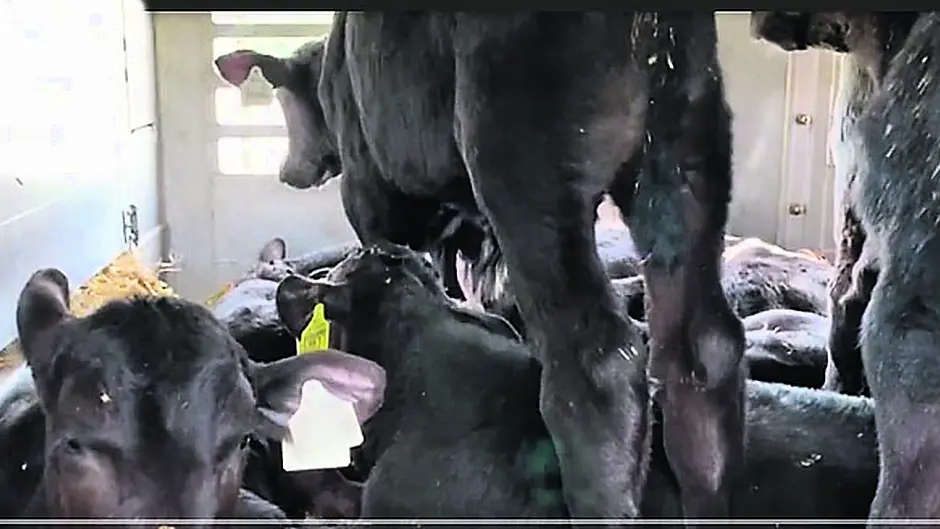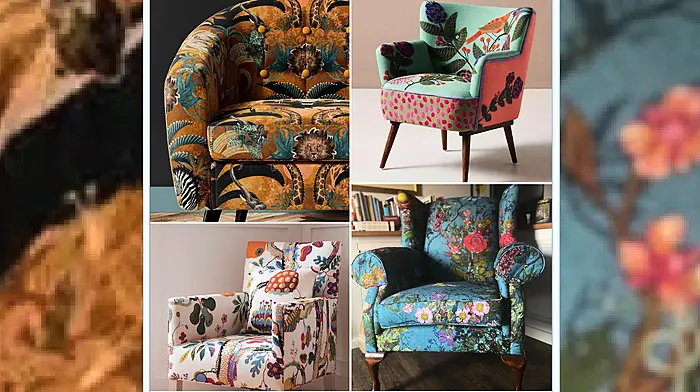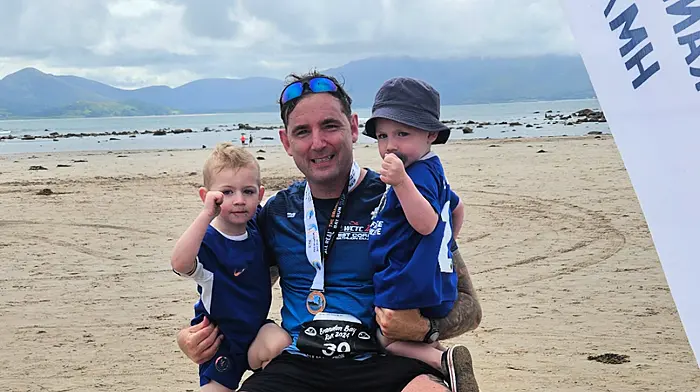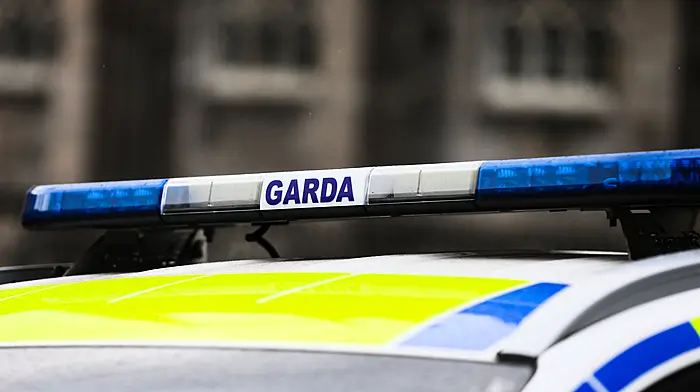IRELAND’S biggest livestock auctioneers Cork Marts says it will identify the staff recorded abusing animals at Bandon and other Co Cork marts, and will retrain personnel in animal handling, in the wake of a damning undercover report into the industry.
The company described abuse of animals by its staff as ‘not acceptable’ and is working to identify the staff involved. Handlers at Cork Marts, which owns the mart in Bandon, must also further undergo animal welfare training following an RTÉ Investigates programme which showed shocking abuse of bull calves.
The programme filmed the abuse of young calves in Ireland, including at Cork Marts properties, and the footage has caused national outrage. The abuses highlighted in the programme have been widely condemned across the Irish agriculture industry.
The footage from the undercover investigation carried out in Ireland, France and Spain has caused outrage across the farming community.
On Tuesday, the Department of Agriculture launched an investigation into animal welfare conditions of male calves in Ireland and for live export.
‘We are very disappointed at the behaviour towards calves shown in the footage from our marts featured on this programme,’ a company statement said. ‘These actions shown are certainly not acceptable and cannot be defended. It is contrary to our animal welfare policy. We are very disappointed that this has happened, even if it is the exception rather than the norm.’
Cork Marts is a farmer-owned co-operative, with 11,000 shareholders, and it handles around 70,000 calves for sale during the short calf season from February to May. Staff undergo animal welfare and handling training as part of their induction and every three years thereafter.
‘We will review the clips shown and address these issues with all staff. While it is not exactly clear from the footage, we will try to determine the dates and times of the incidents shown and identify the staff and third parties involved.
‘There will have to be a full review of calf handling operations. All staff will have to undergo further animal welfare handling training and we will take all actions deemed necessary to protect the welfare of the animals presented to us for sale.’
Macroom-based ICSA president Dermot Kelleher said: ‘Any mistreatment of young calves is completely unacceptable, and anyone found to be acting unlawfully must be held accountable.’
Mr Kelleher said while Ireland’s live export sector must be protected, the programme exposed a raft of failings that all need to be urgently tackled. ‘Live exports are hugely important for our cattle and sheep sectors, and they need to be done right and done to the letter of the law.’
Mr Kelleher said other safeguarding measures need to be examined including increasing the age at which calves can be transported to 28 days and installing lairage facilities at Irish ports.
Cork South West TD, Social Democrats leader Holly Cairns said the shocking maltreatment of bull calves highlighted is a direct consequence of government policy to encourage intensification and expansion within the dairy sector.
Deputy Cairns, who is the party’s spokesperson on agriculture, said: ‘There has been a surge in the number of bull calves – largely viewed as valueless waste products – born in Ireland each year since milk quotas were abolished in 2015, which has resulted in the rapid expansion of the dairy sector.
‘We cannot – and should not – tolerate a situation in which hundreds and thousands of calves are being bred to suffer from the moment of birth.’
But dairy farmer Peter Hynes from Aherla, who featured on the RTÉ Investigates programme, said live exports remain necessary, and that politicians were out of touch with the initiatives taken by farmers on breeding policy. ‘We’ve seen a lot said this week by opposition parties this week and by those in government but no politician has yet been willing to give us an alternative to the live export trade.’
Mr Hynes said he was sickened by the pictures on the programme. ‘What we saw was horrific. It tarnished our industry. I hope the public understand that we as farmers don’t condone it and we don’t accept it.’










